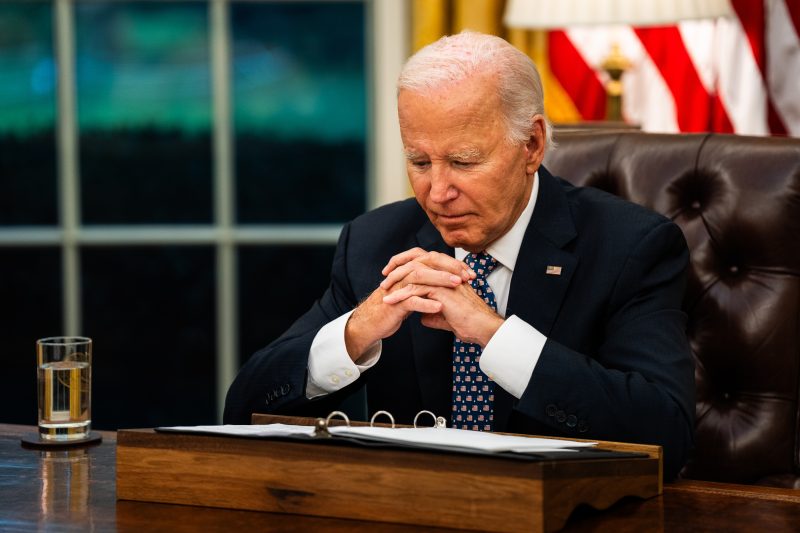
U.S. Influence Hits a Wall as Israel Ramps Up Actions in Lebanon
As the political and military tensions escalate in Lebanon, the role of the United States has become greatly limited. Once a major player in Middle East diplomacy, the U.S. is witnessing its influence reduced amid the escalating conflicts in the region.
The key reason behind the declining U.S. influence in Lebanon is multifaceted and complex. One reason can be traced back to the change in administration following the 2020 presidential elections. With the coming of President Joe Biden’s administration, there has been a shift in foreign policy, which tends more towards retrenchment and reduced intervention in foreign lands. This policy pivot was made evident in the recent Afghanistan withdrawal.
Under President Biden’s administration, the U.S. has adjusted its focus to domestic issues and other international concerns such as the Indo-Pacific and Europe, while reducing the emphasis on the Middle East compared to previous administrations. The reduced strategic interest and engagement in the region has sowed the seeds for declining U.S. influence.
Meanwhile, Israel has heightened its interventions in Lebanon due to a range of security concerns, including the expansion of Iranian influence via Hezbollah. However, with limited U.S. influence and involvement in the issue, the conflict has been escalated to higher levels without a reliable intermediary. Without ample diplomatic or military backing from the U.S., Israel’s incursions into Lebanon have become frequent, adding to the instability in the region.
Moreover, Hezbollah, the Shiite militant group and political party backed by Iran, has also gained ground in Lebanon. It is a significant force in Lebanon’s politics, and its militarization over the past years has significantly alarmed Israel. The diminished U.S. role has helped Hezbollah expand their political power and military capabilities, which challenges Israel’s national security.
Furthermore, Russia’s increasing influence in the Middle East has also marginalised the U.S.’s role in Lebanon. Russia has been a staunch supporter of Bashar al-Assad in Syria and has woven an intricate network of alliances across the region, placing itself as an important player in regional diplomacy and security matters. The power balance in the region is shifting, and the U.S., once the dominant external actor, now finds its influence limited.
Additionally, the deeply ingrained systemic corruption in Lebanon has also made it difficult for the U.S. or any external power to wield significant influence. Lebanon’s political machinery is so riddled with corruption that it is highly resistant to external forces trying to instigate change. Policymakers in the U.S. find themselves hamstringed by not only the convoluted political landscape but also the dire socio-economic conditions in Lebanon.
Undeniably, U.S.’s limited role and decreased influence in Lebanon amidst the escalated tension with Israel have grave implications. For one, the vacuum left by the U.S.’s withdrawal from Lebanon’s politics offers space for other parties to extend their influence. Moreover, without the U.S.’s diplomatic and military support, Lebanon’s stability is at higher risk, and the growing conflict with Israel can potentially reach volatile highs.
In this complex tableau of shifting power dynamics, international alliances, and regional instability, it is clear that the U.S.’s influence in Lebanon has been curtailed. Yet, this isn’t just a concern for the U.S.; it’s a global concern that calls, urgently, for strategic diplomacy and serious consideration for peace in the Middle East.
